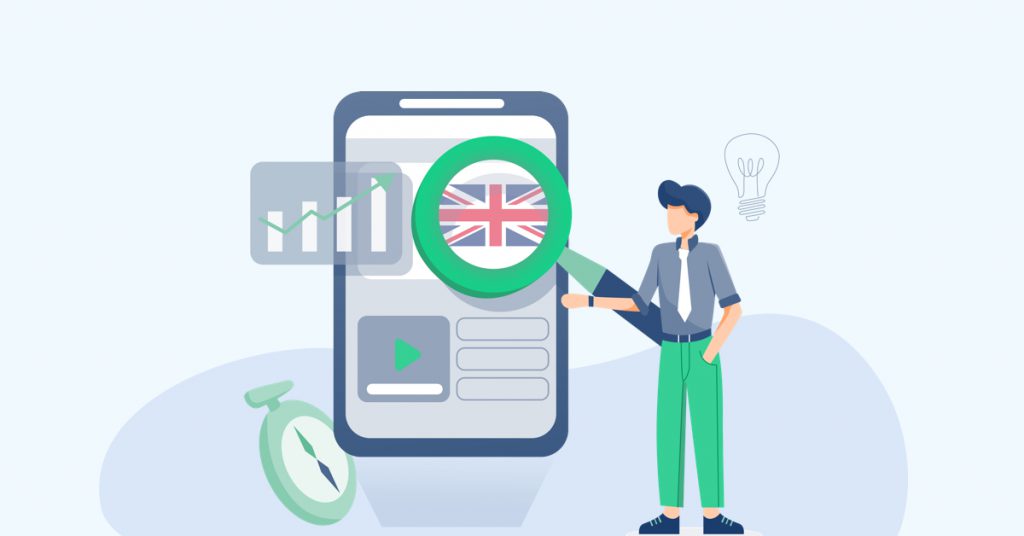When you start a company in the UK, different kinds of issues may divert your attention, such as taxes being ignored while dealing with more urgent matters. Yet, it is crucial to keep in mind that businesses making late tax payments confront significant penalties. That’s why small-scale business owners must be aware of their tax obligations. Well, when to start paying taxes? How much tax does the business have to pay?
When to start paying taxes?
The tax year for 2020 starts on April 6th, 2020, and ends on April 5th, 2021. Each tax has different payment plans. We inform you about various taxes and due dates if you set up a company via Workhy in the UK.
Types of Tax in the UK
Corporation Tax
Corporation tax is a tax on your business profits of the fiscal year. This type of tax has to be paid in nine months and one day subsequent to the ending date of your business’ accounting period. This is generally March 31st, which means you have to pay corporation tax on January 1st. The current corporation tax rate is 19%.
Income Tax
Income tax is personally paid on your income, such as salary and dividends. Income tax is paid through the pay-as-you-earn (PAYE) business plan if you are a limited company manager. Independent traders are obliged to pay the income tax based on the business profit, including the self-assessment tax return.
National Insurance
National Insurance enables you to increase your state pension and pay for public services. As in the income tax case, National Insurance is collected through PAYE from directors of limited liability companies. The payment process is a little different for independent traders. It is calculated as part of the annual self-assessment return. Then, it is paid to HMRC by January 31st as part of your payment (July 31st) in your account.
VAT
VAT is a consumption tax added to the cost of goods and services. Companies do not automatically register for VAT. There is no obligation to pay unless the annual turnover goes over the VAT threshold (£85,000). VAT has to be paid once a quarter if your company is under obligation. VAT returns are sent to HMRC (Her Majesty’s Revenue and Customs) within 37 days following the quarter-end. If your turnover goes over the specified amount, our professional business partners carry out your VAT application and prepare quarterly declarations. You do not need to pay an extra fee for VAT application & declaration service when you receive an annual accountancy service.
Note that your company’s tax obligations are determined by your business organization, which also defines the payment dates for your taxes.
Tax Obligations for Limited Companies
Limited companies have to (I) present annual tax returns to Companies House, (II) compile legal accounts, (III) submit a company tax return to HMRC, and (IV) register for VAT (if income goes over £85,000). Moreover, suppose the limited liability company director receives a salary from the business. In that case, they have to pay a self-assessment tax return and tax/National Insurance via pay-as-you-earn (PAYE). Our professional business partners will carry out all the required application & declaration preparation processes as part of the annual accountancy service.
Tax Obligations for Partnerships
Partnerships have similar tax obligations. Business partners have to pay income tax on their share of business profit in the first place (the same distribution applies to partnerships as in the case of independent traders). They also have to pay National Insurance, personally submit their self-assessment tax returns, and register for VAT if their income exceeds £85,000. Plus, the nominated partner is annually required to submit a partnership self-assessment tax return.
Tax Obligations for Limited Partnerships & Limited Liability Partnerships (LLP)
Partners of the limited partnership or LLP have to annually submit a partnership self-assessment tax return. They have to register the partnership for VAT if the business income meets or goes over the threshold. Each partner is also obliged to pay income tax on their share of the company’s profits, submit their self-assessment tax returns, and pay National Insurance.

Our annual accountancy service provides services such as all applications and declaration preparation, under the consultancy of our professional business partners.
Visit our website to start your company in the UK with all its advantages and to carry out your accounting processes via Workhy.
